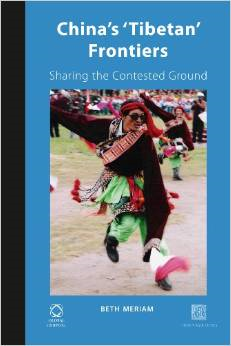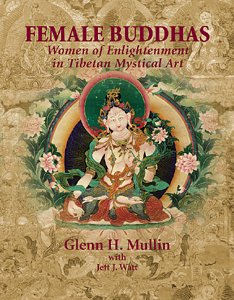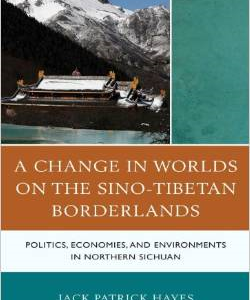Description
This pioneering ethnographic analysis provides a far-reaching account of the changing social, political and organizational topography of western China. The seismic changes wrought across this region in recent history are seen through the lens of Trinde, a remote autonomous county on the Tibetan plateau. Drawing on over two years of detailed empirical research in a region never previously investigated by foreign researchers, Beth Meriam traces and interlinks the human, national and global dimensions of continuity and change. Her work provides important new insights into how the challenges and opportunities of China s reform era are producing innovative social and political responses from the people in this area. This sensitive, controversial work provides a rare and intimate account of a highly diverse range of people, and highlights their central role in shaping this dynamic, changing society. Set in a region that is never long out of the headlines, the ethnography vividly illustrates how policy fluctuations across this region involve difficult, and often painful, dilemmas for local people. Synthesizing anthropological insight with Tibetological rigour, the study shows how policies and social categories are anything but self-evident or monolithic: instead, local people are actively engaged in creating, reinterpreting and modifying official policies in practice. The book will be of interest to a wide audience, including students and scholars of Chinese nationality studies and Tibetology, as well as those with an interest in social and political anthropology or who are looking for a penetrating and integrated analysis of this hotly-debated and often misunderstood region.






Reviews
There are no reviews yet.